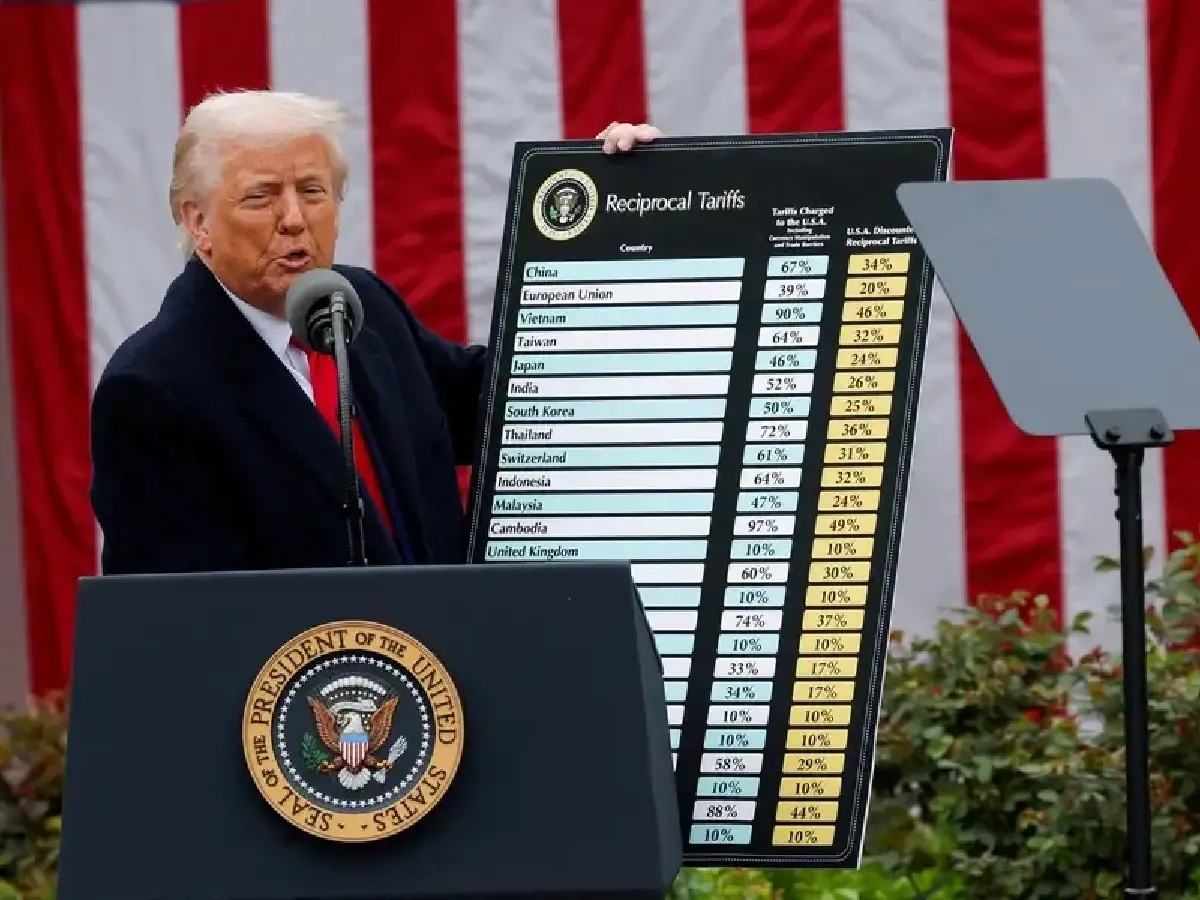In the sweeping saga of global trade conflicts, often espoused as a duel between economic titans like the United States and China, there lies an overlooked narrative. Among those affected are the world’s sparsely populated territories, remote and seemingly disconnected, yet unexpectedly ensnared by the far-reaching tentacles of a trade war. These territories, though minuscule in trade volume and distant from the epicenters of economic skirmishes, find themselves grappling with unanticipated consequences that are reshaping their economic landscapes.
The dynamics of global trade are intricate. When giants like the United States implement policies, the ripples can extend far beyond the immediate, intended targets. Tariffs intended to penalize a major trade partner can inadvertently affect the trade operations of smaller, less involved countries and territories through increased costs, altered supply chains, and general market uncertainties.
Take, for instance, countries in the Eastern Caribbean or remote territories in the Pacific. These regions, defined by their sparse populations and limited resources, have strived to maintain a balance between economic dependence and sustainable development. Their trade interactions with the United States, while minimal compared to larger nations, are vital for their economic stability. The introduction of broad-spectrum tariffs impacts these small economies disproportionately.
One significant issue is the increase in the price of imported goods. Many of these less populous territories rely heavily on imports for not just luxuries, but basic necessities. A rise in import tariffs on goods like food products, machinery, and essential materials can lead to increased prices for local consumers. This inflationary pressure can be particularly damaging in territories where economic development is fragile, and inflation control is critical.
Moreover, because these territories often lack substantial political influence and negotiating power on the global stage, their capability to contest or mitigate these impacts is considerably limited. They find themselves having to rejig their economic strategies and seek alternative markets or supply chains, which involves time, effort, and investment that could otherwise be directed towards local development projects.
The alterations in supply chain dynamics also pose a considerable challenge. For example, a product that is manufactured in a minor territory but contains components sourced from both the U.S. and China may face hikes in production costs or disruptions in supply. This can hinder the competitive edge these territories might have in niche markets, further stalling their economic growth.
Additionally, the uncertainty wrought by ongoing trade disputes creates a challenging environment for investment. Potential investors are often wary of placing assets in regions entangled in global economic uncertainties, thus leading to reduced foreign direct investment (FDI). Investment is crucial for these regions as it not only promotes economic growth but also aids in job creation and technological advancement.
It’s important to note, too, the human element in these economic alterations. Behind the statistics and percentages are communities whose livelihoods depend on stable trade and investment patterns. The broader implications of a trade war can translate into real-world hardships for these populations, from job losses to increased costs of living, all contributing to an increased vulnerability to poverty.
In conclusion, while the headlines may continue to focus on the larger players in the trade wars, the experiences of smaller, sparsely populated territories offer a poignant insight into the complexities and far-reaching consequences of global trade policies. A comprehensive approach towards global trade, one that considers the impacts on all stakeholders involved, is crucial. The trade war, while perhaps a strategic necessity for some, should be wielded with careful consideration of its broad spectrum of influence to avoid unforeseen repercussions on the global stage, particularly among the world’s most vulnerable regions.










